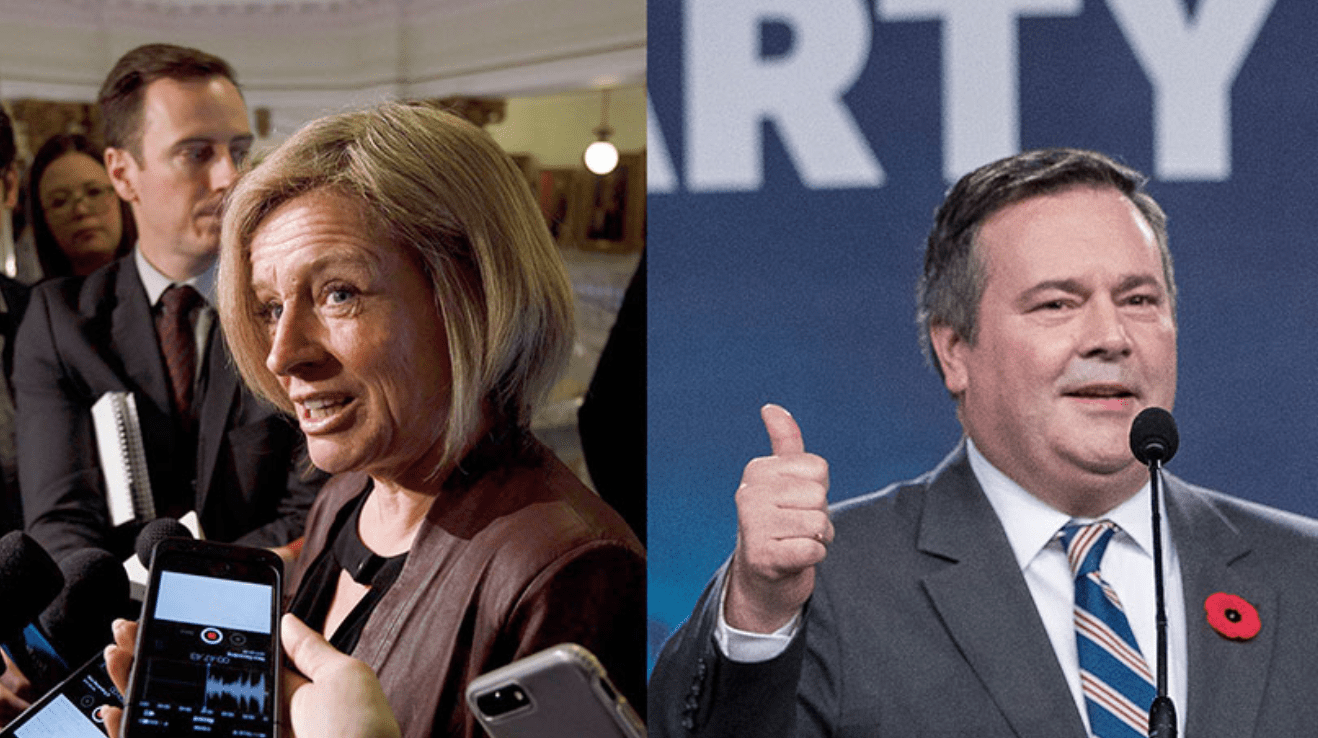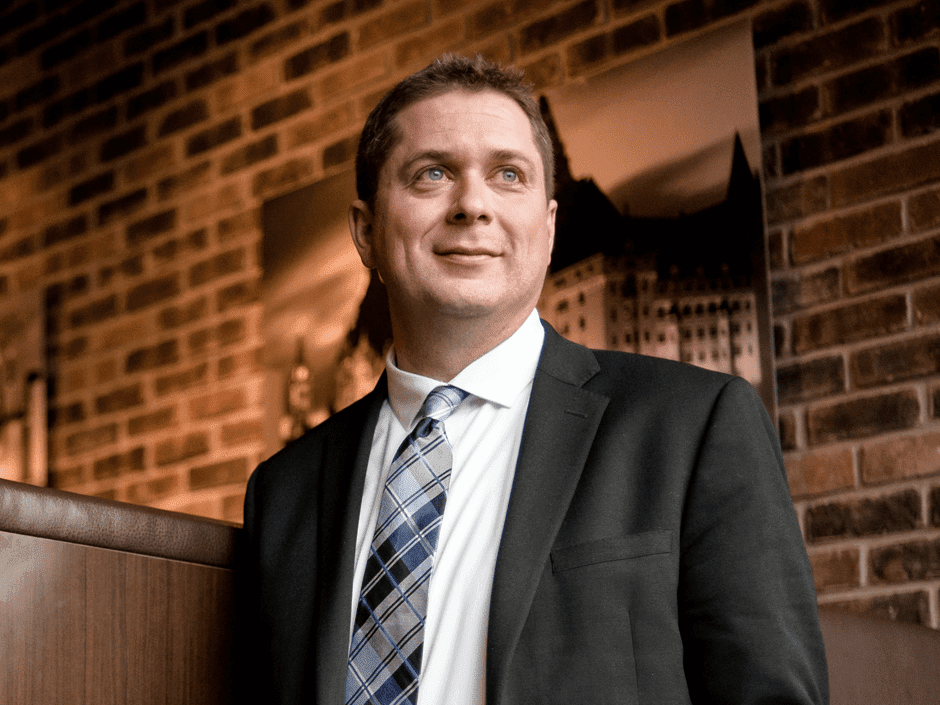Calling a provincial election is the prerogative of the premier. So too is signalling the unofficial beginning of the campaign, long before the date is set.
Alberta Premier Rachel Notley shot the starter's pistol on Oct. 28 at her party's annual convention.
"My name is Rachel Notley, and I am running again to be your premier!" she declared before the adoring crowd of 1,200 party faithfuls in downtown Edmonton.
In about six months, Notley will set the actual date for the vote, which by statute should be held on or before May 31.
The two main parties in the gun fight can both claim the same strength: their leaders. Notley and UCP Leader Jason Kenney are both smart cookies. They displayed those smarts the Monday after the NDP convention in the first question period of the fall legislature session.
It wasn't the most sizzling QP. It was, in fact, a bit of a snooze. Both leaders are sizing each other up. There were some light glove taps but no knockouts.
Notley is a fiery speaker, as she proved at the convention. She has a wicked sense of humour, verging into sarcasm when faced with a worthy opponent.
Kenney is a smart speaker, focused and tenacious, and good at staying on message.
In the legislature he opened with issues he plans to hammer away on throughout the campaign. What about that carbon tax? How can the NDP ever balance the budget? And why did it take the Alberta government so long to oppose the federal Liberals' Bill 69 on changing the regulatory regime for future mega-projects, or as Kenney prefers to call it, the 'pipeline killing' bill?
Albertans can expect to hear variations on those themes over and over, circling around to the big question where's the pipeline?
Kenney wants to concentrate on his vow to kill the carbon tax completely. He also wants to paint Notley as an ally of Justin Trudeau, the prime minister who just can't give the province the pipeline it needs.
Notley is skilled at parrying the attacks. Her government has outperformed on its own budget estimates in terms of trying to reduce the red ink. All things considered, the provincial economy is not that bad (particularly outside of Calgary). Her ultimate return shot on pipelines hinges on Kenney's own political baggage as a federal cabinet minister with the Harper Conservatives, who also failed to get a pipeline.
While the leaders may be evenly matched, the playing field as a whole feels tilted toward the UCP. While Notley polls well as a leader, the NDP as a whole is lagging behind. Spring and summer surveys suggested the UCP will cruise easily to victory.
The UCP too is winning on the financial front. Donations reported at the end of September: UCP raised almost $2.7 million in the 2017-18 fiscal year, compared to the NDP's $1.86 million.
The UCP is drumming up a fair bit of excitement at its nomination meetings with several being contested by more than two candidates.
But six months out of from the final ballot, the NDP hasn't thrown in the towel and Kenney's continuing effort to prevent vote-killing gaffes shows the UCP also isn't taking victory entirely for granted.
The most recent major eruption damaging the UCP was a leaked letter from the Motor Dealers' Association of Alberta soliciting dealership donations to a UCP-supporting Political Action Committee (PAC) called Shaping Alberta's Future. The letter listed actions Kenney and the UCP would take to make dealers happy after they win the election.
The controversy triggered a formal complaint to the elections commissioner from the NDP that the UCP is trying to circumvent political donation limits with the PAC. The UCP says no rules were broken, no promises made in return for money or votes.
But the mud, at least for a while is sticking. And Notley is happy to capitalize on the general impression left by the controversy.
"Now, Mr. Kenney insists, over and over and over again, that he's not for sale," she told NDP convention delegates. "But it sure does sound like he's willing to work out one heck of a lease!"
It also afforded left-wing wags on Twitter an opportunity to dub the UCP the Used Car Party.
That little dustup also shows a continuing theme that will repeat over the next six weeks. Sometimes it's the little things the candidates with radical histories, left or right, hiding in their closets; tone-deaf displays of 'entitlement' that turn off down-to-earth voters; surprise leaks of over-sharing memos to supporters that can shape elections in Alberta.
Both Notley and Kenney will have to keep their busy election calendars flexible enough to put out those kinds of fires for the next six months.
Photo Credit: Macleans








